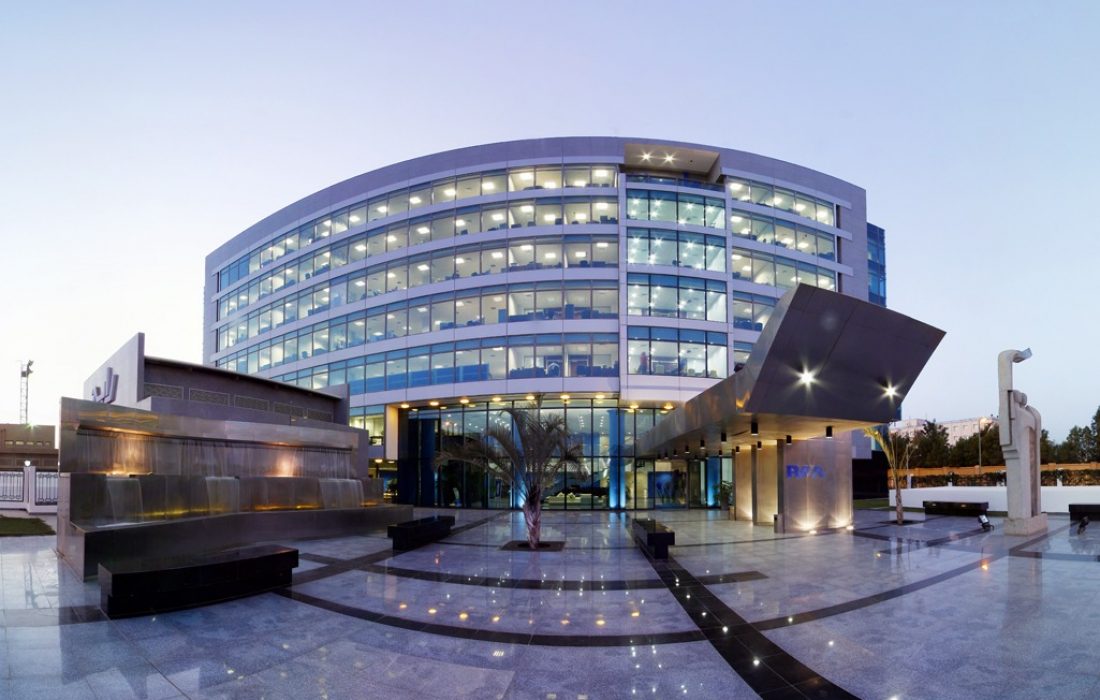The Middle East is witnessing a “cyber pandemic,” according to UAE Cyber Security Chief Mohamed al-Kuwaiti. Speaking at the Gulf Information Security Expo and Conference in Dubai, al-Kuwaiti said COVID-19 related attacks had skyrocketed in 2020. In addition, the UAE specifically had witnessed a 250% increase in cyber attacks this year.
He added that hackers were primarily targeting the financial and healthcare sectors. Moreover, phishing and ransomware attacks have not only become more frequent but also more sophisticated.
al-Kuwaiti’s comments have been echoed across the cybersecurity space. Cybersecurity firm Trend Micro revealed that it had prevented over 56 million attacks in the Gulf during the first half of the year. 8.8 million of these attacks, around 15%, were COVID-19 related.
In addition, fellow cybersecurity company Kaspersky told Arabian Business that between January and June this year financial malware attacks had increased 45% compared to the same period in 2019. Emad Haffer, Head of Presales at Kaspersky, attributed this to greater reliance on the internet for banking, shopping and streaming.
Not only has the Middle East experienced a rise in attacks like these but also a dramatic increase in the number of visits to unsafe websites. Carl Wearn, Head of E-Crime at cybersecurity firm Mimecast, revealed in May that the region had seen a 751% jump in unsafe clicks by users between January and March.
Overall, cybersecurity concerns are not a new issue for the region. In 2016, PwC said the Middle East was the most vulnerable in the world to cyber threats. In addition, Middle East businesses suffered larger losses compared to those other regions.
For more tech coverage check out…
- How MENA Airlines Rank For COVID-19 Safety
- Tech Tips: Apple Announces Best Apps of 2020
- Gulf Nations Launch The Digital Cooperation Organization
If you see something out of place or would like to contribute to this story, check out our Ethics and Policy section.














